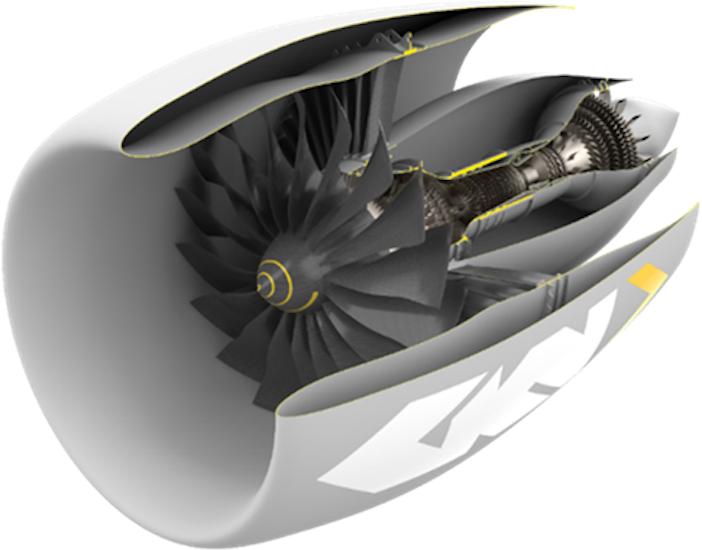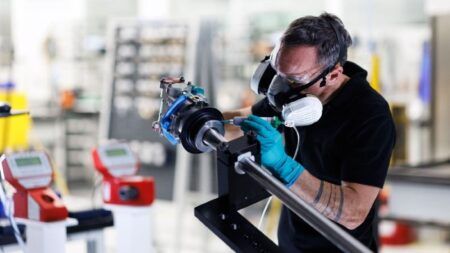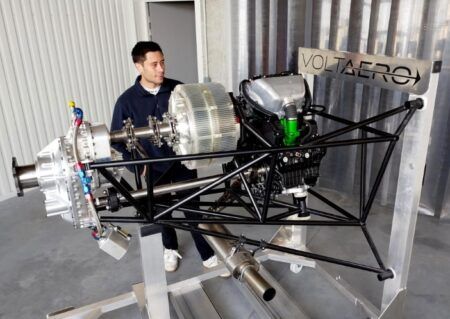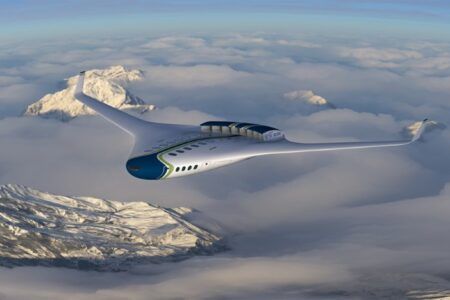GKN Aerospace is leading a US$1.5 million Swedish national R&D program to develop key subsystems for gas turbine-based hydrogen propulsion for longer range aircraft.
The two year, public and privately funded project that began this month is called H2JET and aims to develop technical solutions for three important engine subsystems for hydrogen propulsion systems that could be used on medium range commercial aircraft.
H2JET will develop parts for propulsion systems that work by directly combusting hydrogen, instead of electricity-producing fuel cells that run off of hydrogen.
GKN launched the UK Government backed £54 million (US$75 million) H2GEAR R&D program earlier this year to develop hydrogen propulsion systems for fuel cell-based aircraft.
While H2GEAR is exploring a liquid hydrogen propulsion system for small, sub-regional aircraft H2JET will explore hydrogen combustion powered turboprop or turbofan engines for the single aisle market for potential entry into service on intra-European routes in 2035.
According to GKN, the H2JET program will validate subsystem and component technologies for hydrogen combustion engines. This will speed up the development of international engine and aircraft demonstrator programs, such as the Clean Aviation Partnership that is part of the recently launched EU research framework program Horizon Europe.
Henrik Runnemalm, vice president of GKN Aerospace’s Global Technology Centre in Trollhättan, Sweden said, “We will be able to build on our long experience of hydrogen technology from Europe’s Ariane rocket launcher, as well as our unique capabilities in light-weight design and advanced manufacturing technology to help shape a sustainable future for aviation.”
The project sees GKN Aerospace partner with the Swedish Energy Agency, Chalmers University of Technology, Lund University, KTH Royal Institute of Technology, University West, Research institutes of Sweden (RISE) and Oxeon.
Investment in the development of hydrogen propulsion and fuel systems for aircraft is increasing dramatically as engineers look to reduce the environmental impact of aviation. Read our feature here.
Related stories
Deutsche Aircraft and H2FLY partner on 1.5MW regional hydrogen aircraft
Airbus to develop hydrogen fuel tanks for aircraft at new development centres
ZeroAvia to move hydrogen aircraft flight testing forward with Dornier 228s
£9m research program switches to hydrogen for zero-emission passenger aircraft





